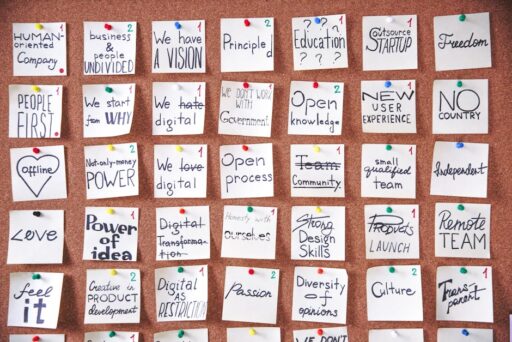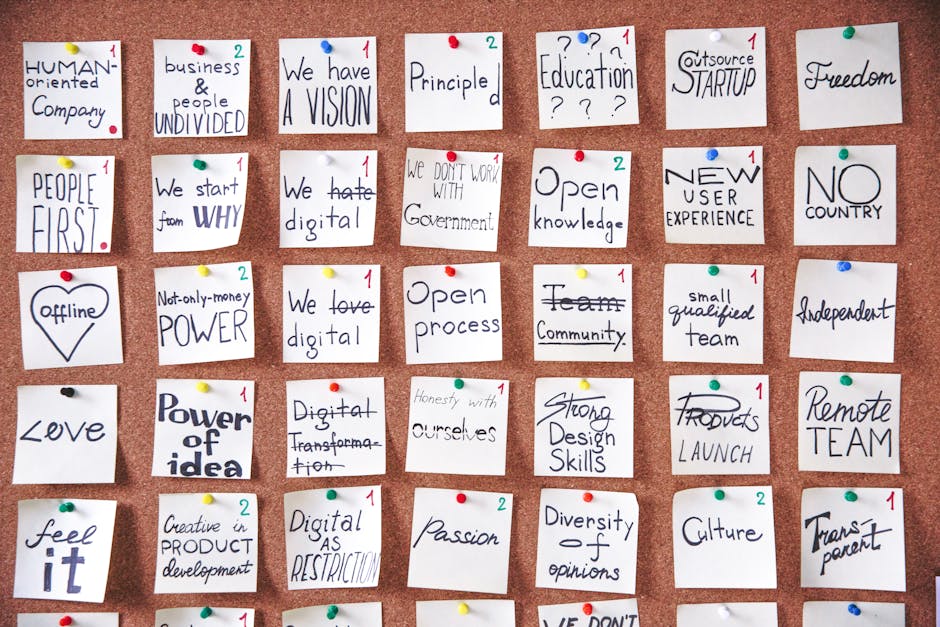Mastering Multi-Project Management: Strategies for Success
In today’s fast-paced business environment, project managers are often tasked with handling multiple projects simultaneously. This can be daunting, but with the right strategies, you can manage them effectively and drive your organization towards success.
Challenges of Managing Multiple Projects
Juggling multiple projects involves numerous challenges, such as resource allocation, maintaining effective communication, and ensuring timely delivery. A study by Stanford highlights that multitasking can lead to underperformance as the brain struggles to switch between tasks efficiently.
Effective Strategies for Multi-Project Management
1. Utilize Project Management Tools
Leverage project management solutions to automate tasks like file sharing and progress tracking. Tools like Traqq can help manage time efficiently by providing alerts and notifications to keep you on track.
2. Develop a Concrete Plan
Planning is crucial for success. A well-defined project plan helps in resource allocation, setting goals, and maintaining focus. Ensure flexibility in your plans to adapt to changing circumstances.
3. Prioritize Projects
Not all projects are equal. Use tools like the Eisenhower Matrix and Pareto Principle to prioritize tasks that have a significant impact on business outcomes.
4. Effective Communication
Clear communication is vital, especially in remote teams. Set clear expectations from the start and foster a culture of active listening and feedback.
5. Delegate and Trust Your Team
Trust your team members by delegating tasks appropriately. Micromanaging can stifle productivity and morale, so focus on oversight without unnecessary interference.
6. Regular Check-Ins and Monitoring
Conduct regular team meetings to monitor progress, identify roadblocks, and make necessary adjustments. These check-ins should be concise yet informative.
Conclusion
Managing multiple projects is a challenging yet attainable goal with the right strategies. By prioritizing tasks, leveraging tools, and fostering open communication, you can enhance productivity and ensure project success. Remember, flexibility and adaptability are key to navigating the complexities of multi-project management.





